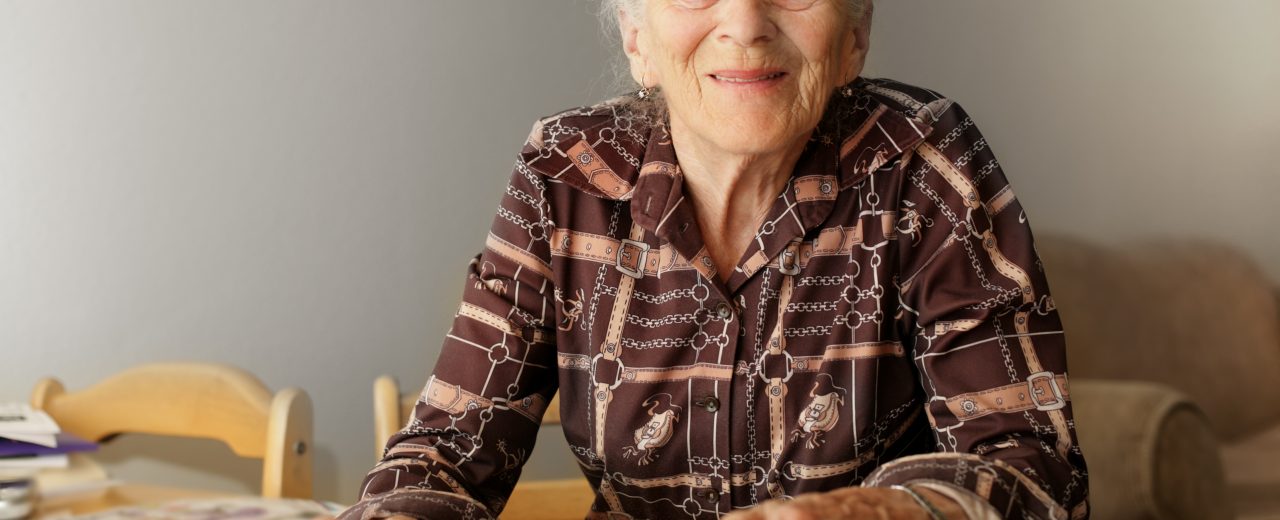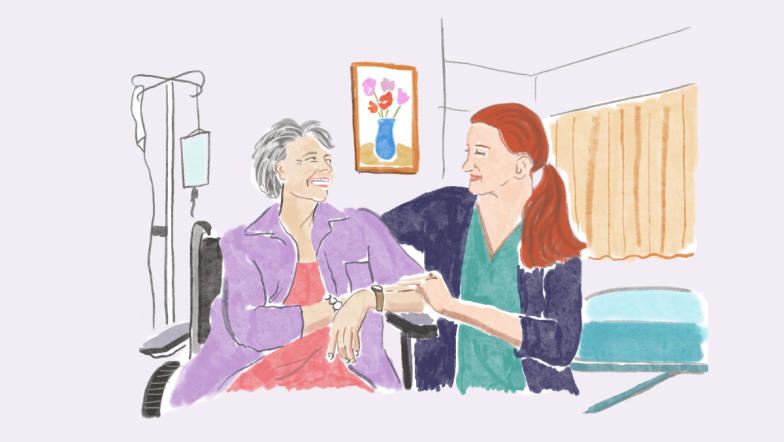We need to get better at looking after those who grow old alone
29 Jan 2019
By Faith Hawthorne
This article was originally published by The Guardian.
Hopefully a caring family or dedicated professionals will look after you as you age. But what if that’s not the case?
During her youth, Maya* travelled the world. She collected exotic scarves from wide-ranging places, crafted postcards to loved ones, and explored the alleyways of exciting new cities. She loved her freedom and lived her life to the fullest. How then, in her 80s, did she find herself asking staff at her aged care facility for money to buy shampoo?
Hopefully most of us will find ourselves supported by caring families, friends and professionals as we age. Sadly, this is not the case for everyone. As a Justice Connect lawyer, I work with older people like Maya, who are at risk of isolation and abuse as they age. I’ve witnessed the strength of older people facing life’s difficulties – managing complex family relationships, caring for ageing partners as well as children with a disability or mental health condition, even regaining their independence after periods of being judged incapable.
Countless inquiries have shown there are deep flaws in the way our society treats us as we age.
Too often we are taken advantage of by those we’re supposed to trust. Too many of us are falling through the gaps. Royal commissions into family violence, banking, and the latest into aged care, which starts today, are steps in the right direction, but they’re not the solution. The same goes for proposed changes to the guardianship laws in Victoria and the national power of attorney register. They’re promising developments, but they don’t work for everyone. While laws are changing to elevate our wishes as we age, and make it easier to hold attorneys, guardians and administrators to account, we need ensure these changes also improve the lives of isolated older people – those without a trusted next of kin, those who are most vulnerable to abuse.
Recognised elder abuse risk factors include isolation, loneliness, incapacity and being in a minority culture. Strategies to end elder abuse need to consider those who grow old alone. Currently, 10% of Victorians over 60 experience chronic loneliness. If we don’t have a trusted next of kin, it’s likely a professional guardian or administrator will be appointed to help us as we age. Someone we have never met may decide deeply personal decisions – ones we always think we will be able to make on our own, like where we live and how we spend our money.
Bringing in a trained, impartial person at this time can be useful, if not an essential safeguard, so long as they can understand what’s important to us. And they can be held to account. In the course of helping us, even the most experienced guardian or administrator may find it difficult to understand our history and long-standing values, especially if we have diminishing capacity.
The best solution is to create a society where we all feel respected, heard and connected.
One way to achieve this is through laws that preserve our basic rights as we age, especially if we are at risk of isolation and abuse. We may take our autonomy for granted, but we still need laws that ensure we have a say in how we live our lives, no matter our age or who we can call on to help us. To realise these rights, we must invest in systems or technologies that maintain and track our wishes and values over time. These things certainly would have helped Maya.
Without a trusted next of kin, it is still difficult for us to record all our wishes – while we have capacity – in a way that is useful for a professional guardian. Laws on end of life planning and any power of attorney register need to go further. We need to make sure they work for everyone, especially those who are isolated.
If the law had allowed Maya to legally record all her wishes, and the technology was in place to ensure supporting professionals and services could access it, her wishes would have been respected. She would have been given food that aligned with her religious beliefs. She would have been afforded the spending money she needed for everyday basics. Her wishes would have been understood and respected, regardless of who was managing her affairs.
Ageing is inevitable. How we age is not.


